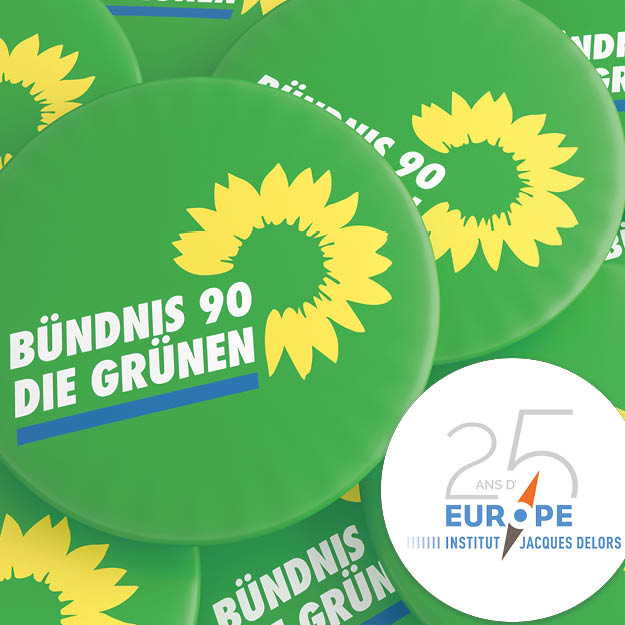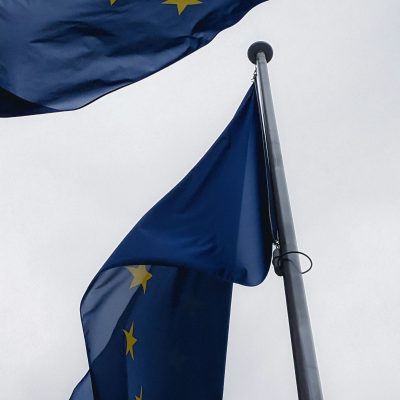Quelles ambitions pour les verts allemands?

Les élections législatives allemandes, qui s’achèvent le 26 septembre, mettent le parti des Verts allemands en position de revenir au pouvoir. Le scrutin survient au terme d’une campagne notamment bousculée par les inondations meurtrières de la mi-juillet en Rhénanie, qui ont souligné de nouveau l’urgence climatique. Die Grünen restent associés historiquement à la thématique écologique à laquelle leur candidate à la chancellerie, Annalena Baerbock, tient sa crédibilité. Celle-ci est toutefois mise à l’épreuve dans un pays qui s’apprête à tourner la page de l’ère-Merkel. Après 16 ans au pouvoir, la CDU peine à rester favorite dans les sondages. Une coalition noir/vert ne ressort plus comme scénario dominant dans un scrutin toujours très ouvert, dont l’issue aura des répercussions pour toute l’Europe.
Ce décryptage vise à comprendre ce qu’est aujourd’hui Bündnis 90/Die Grünen : son histoire, sa vision, son électorat, ses priorités, notamment européennes, son leadership et sa capacité de compromis pour former un exécutif fédéral à même de conduire la transition écologique et sociale de l’économie allemande, selon son objectif affiché.





